EAGAN, Minn. – The 2020 NFL Draft is just about upon us.
The three-day event will kick off Thursday night and be held remotely due to precautions and guidelines that have been implemented because of the COVID-19 pandemic.
NFL experts and media members have been hard at work over the past weeks and months delivering content and prospect evaluations for fans, and NFL draft analyst Daniel Jeremiah has been no different.
Jeremiah, who released his third mock draft (in which he had the Vikings taking Utah CB Jaylon Johnson at 22 and Clemson WR Tee Higgins at 25) on April 7, hosted a conference call with media last week to respond to specific questions about teams, prospects and draft trends.
View NFL Network Draft Analyst Daniel Jeremiah's top 50 NFL Draft prospect rankings in photos.
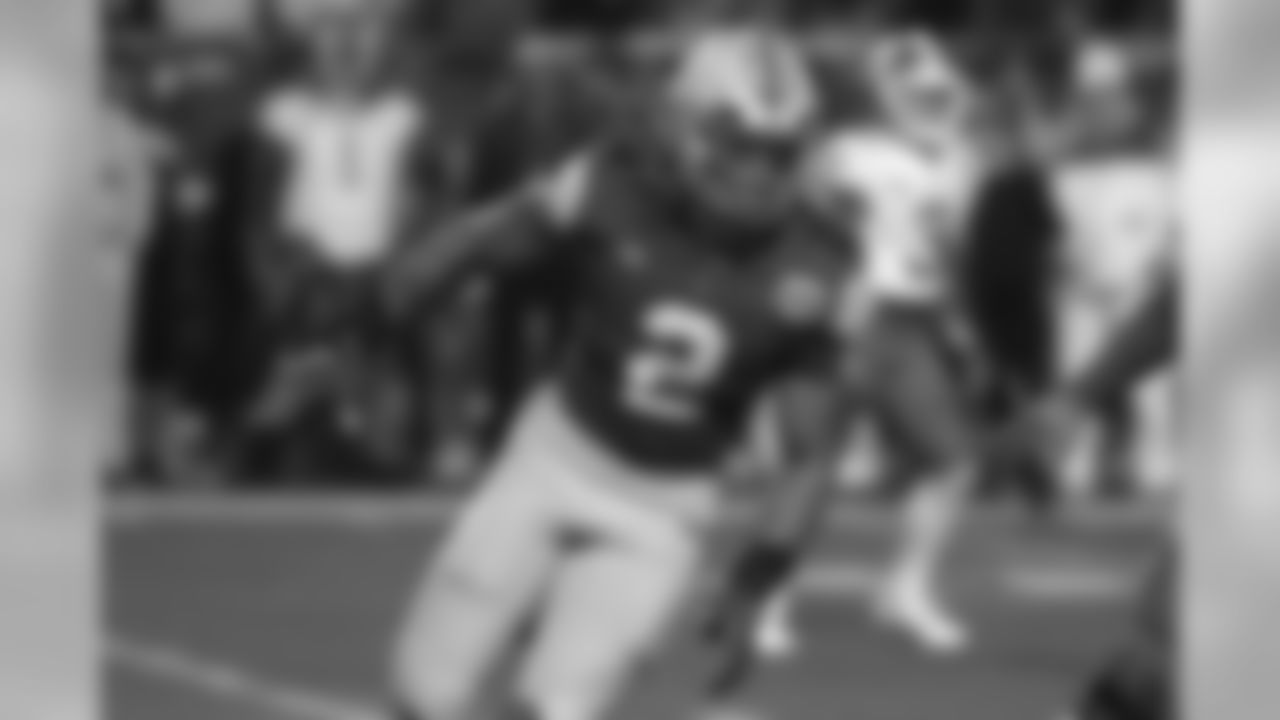
No. 1: Ohio State DE Chase Young
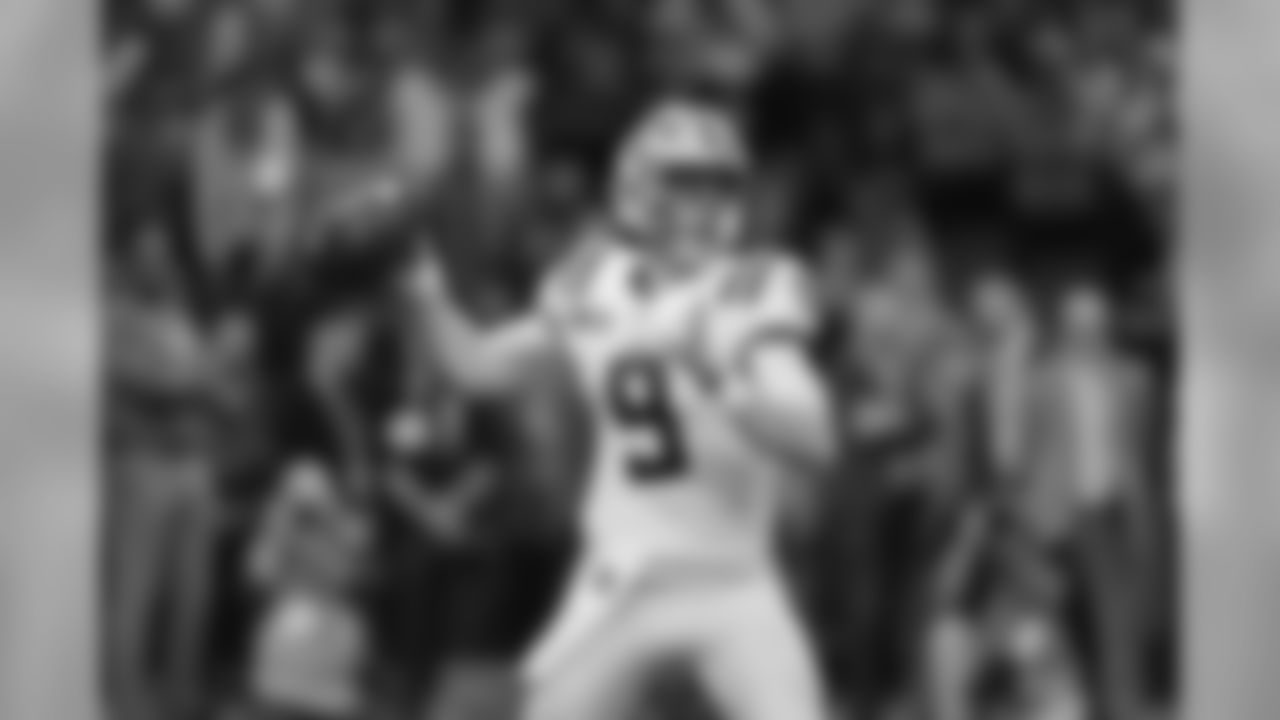
No. 2: LSU QB Joe Burrow
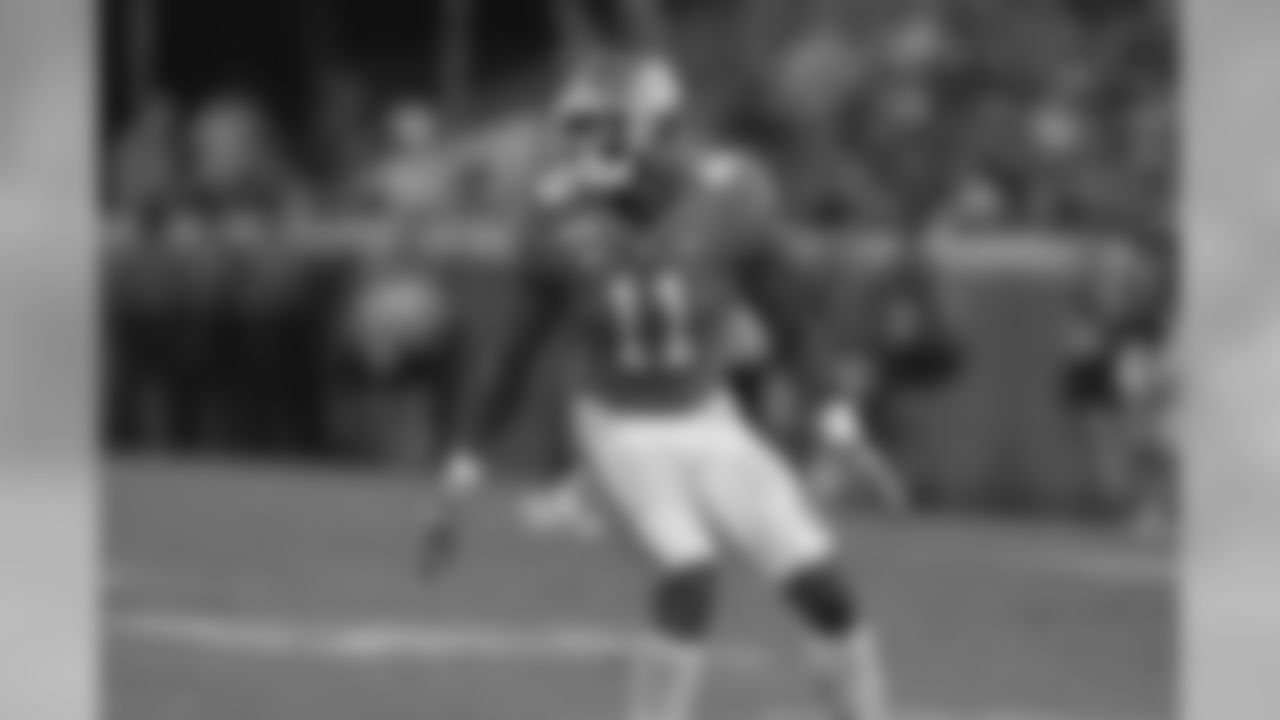
No. 3: Clemson LB/S Isaiah Simmons

No. 4: Auburn DT Derrick Brown
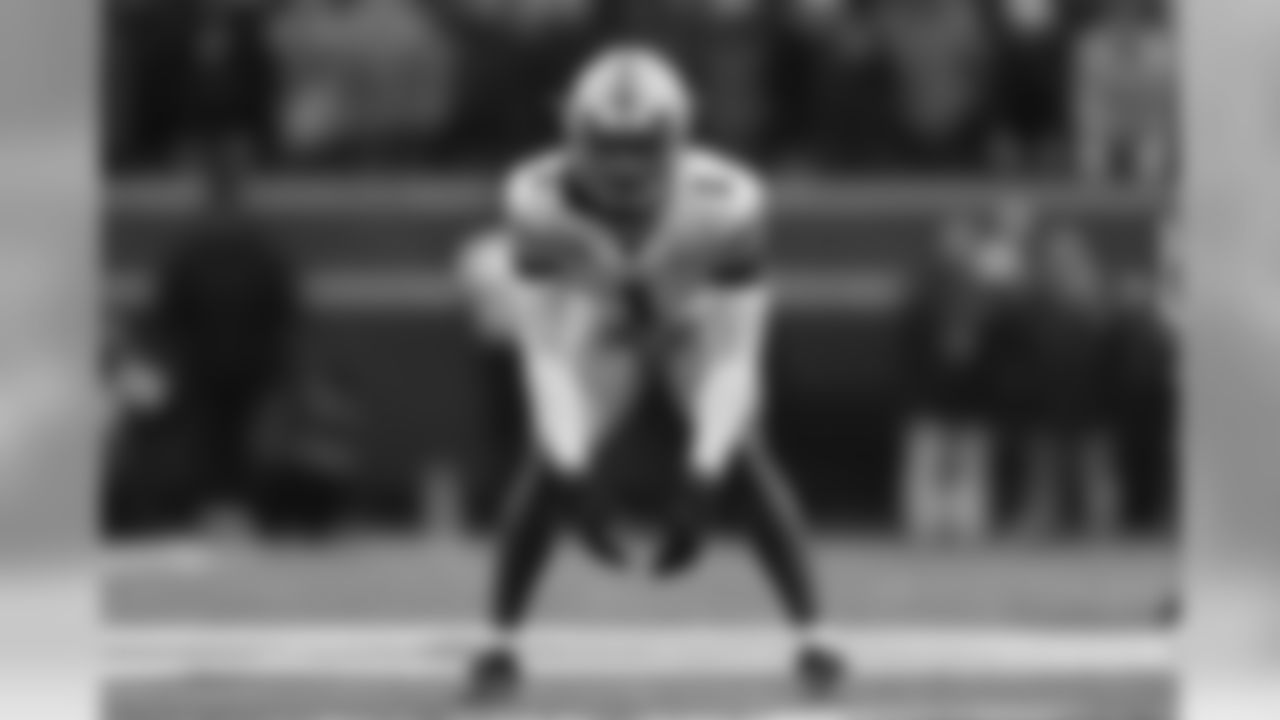
No. 5: Ohio State CB Jeff Okudah
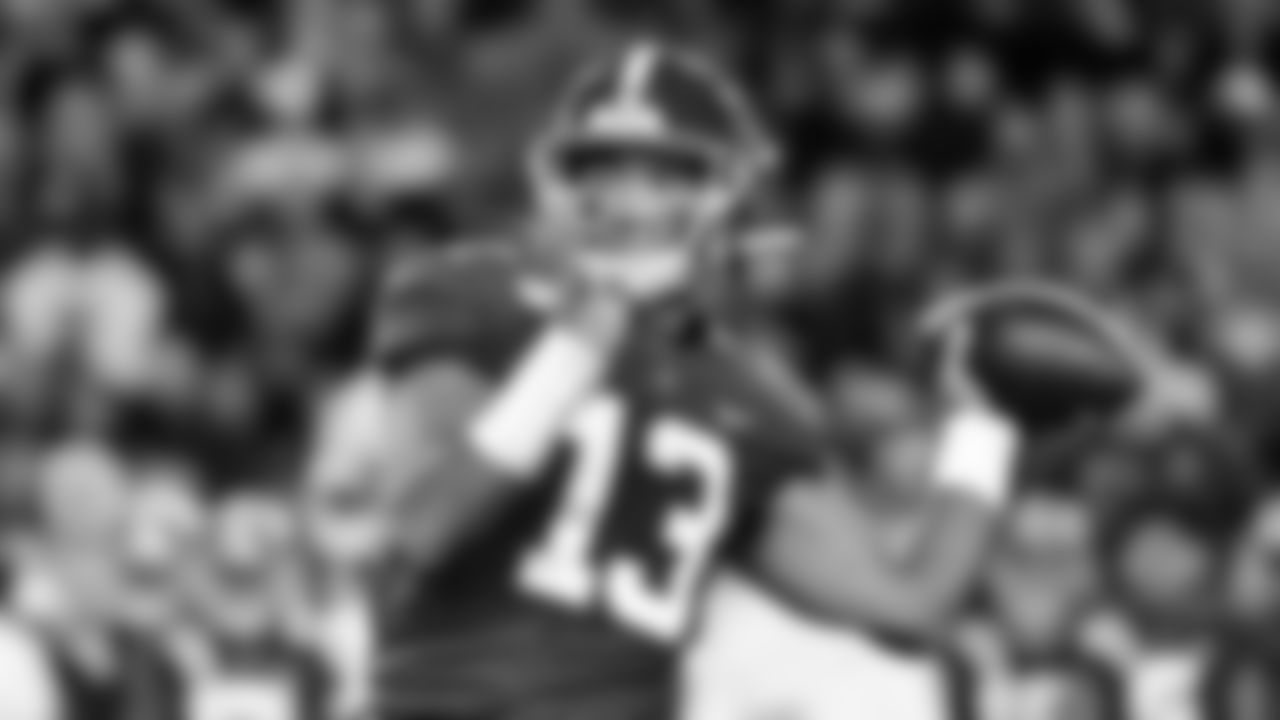
No. 6: Alabama QB Tua Tagovailoa
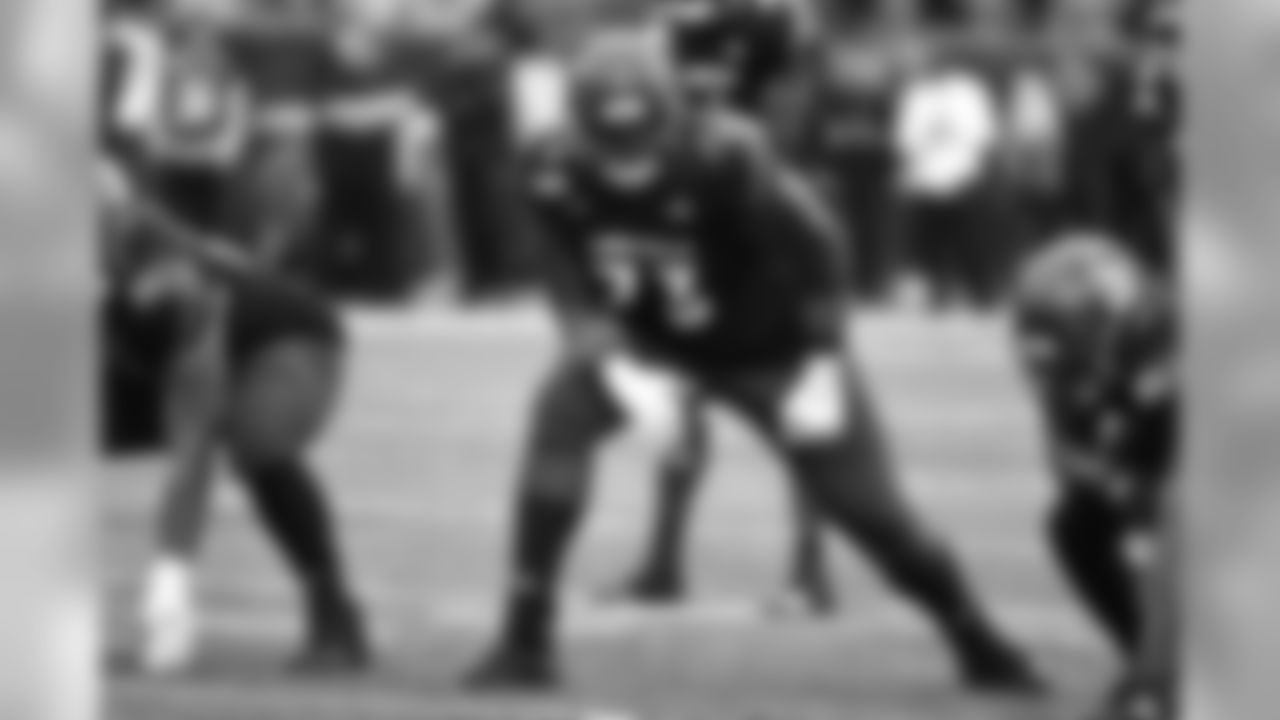
No. 7: Louisville OL Mekhi Becton

No. 8: South Carolina DL Javon Kinlaw
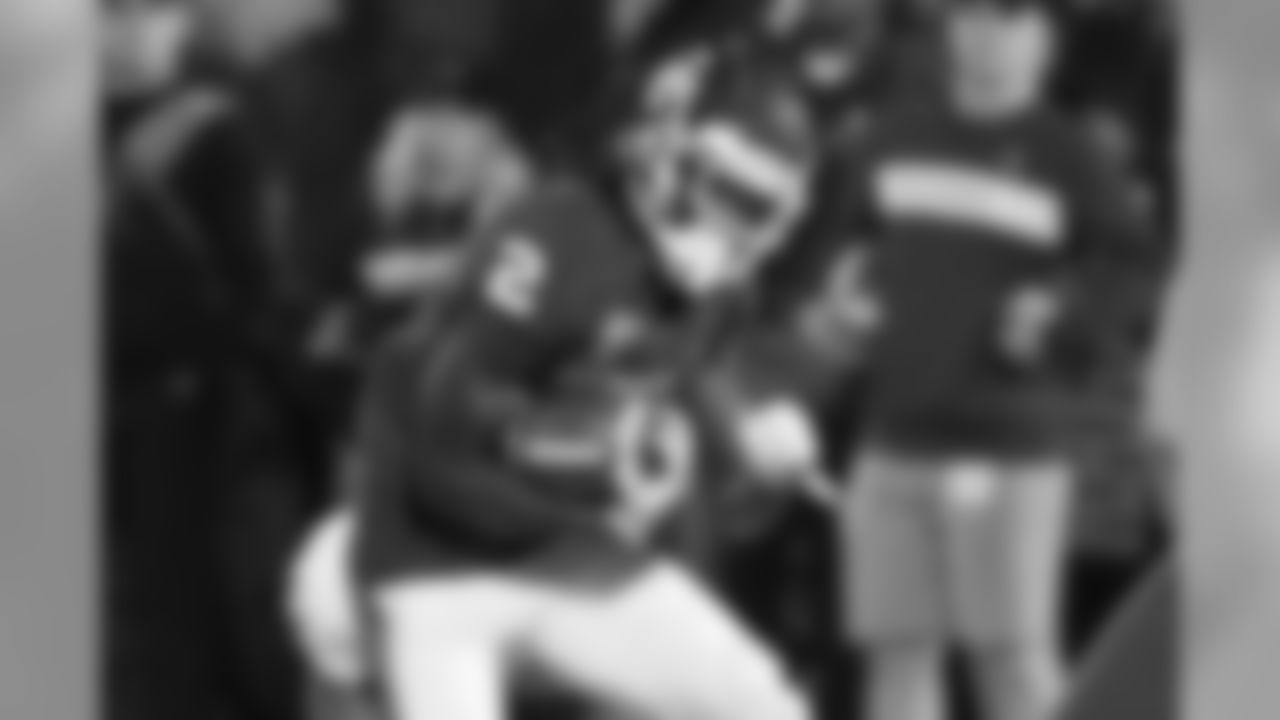
No. 9: Oklahoma WR CeeDee Lamb
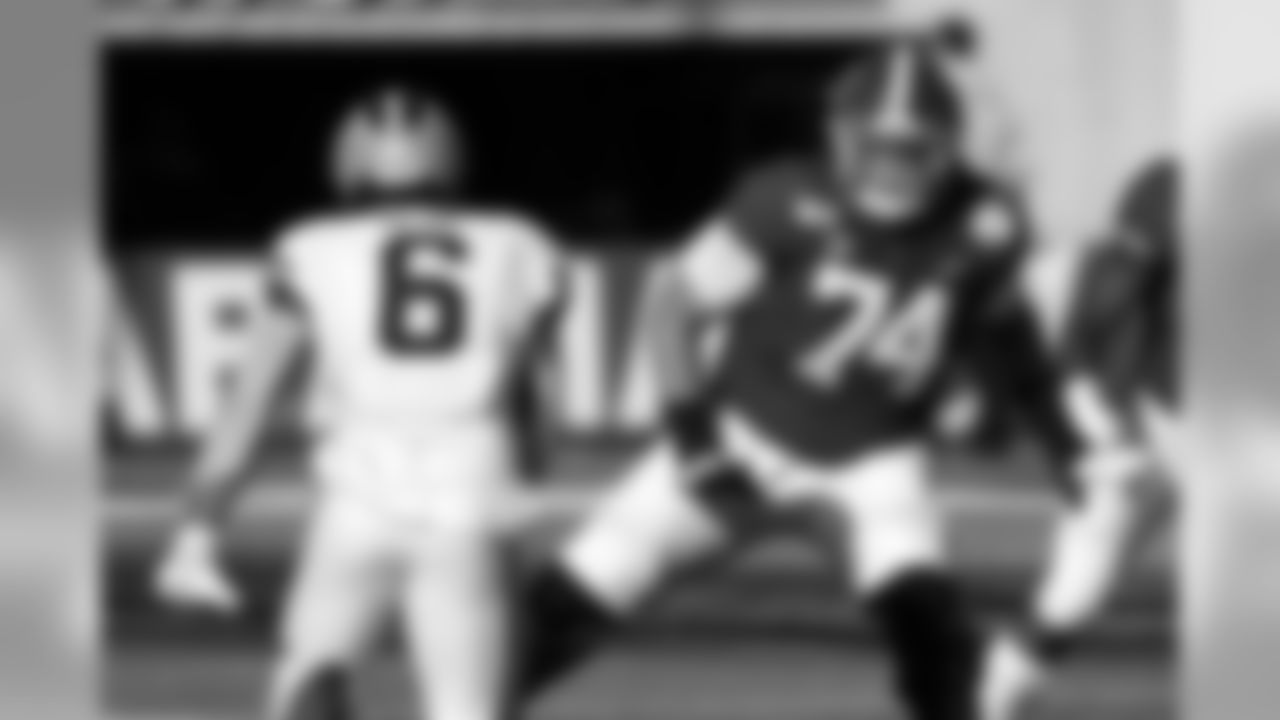
No. 10: Alabama OL Jedrick Wills Jr.

No. 11: Alabama WR Jerry Jeudy

No. 12: Alabama WR Henry Ruggs III
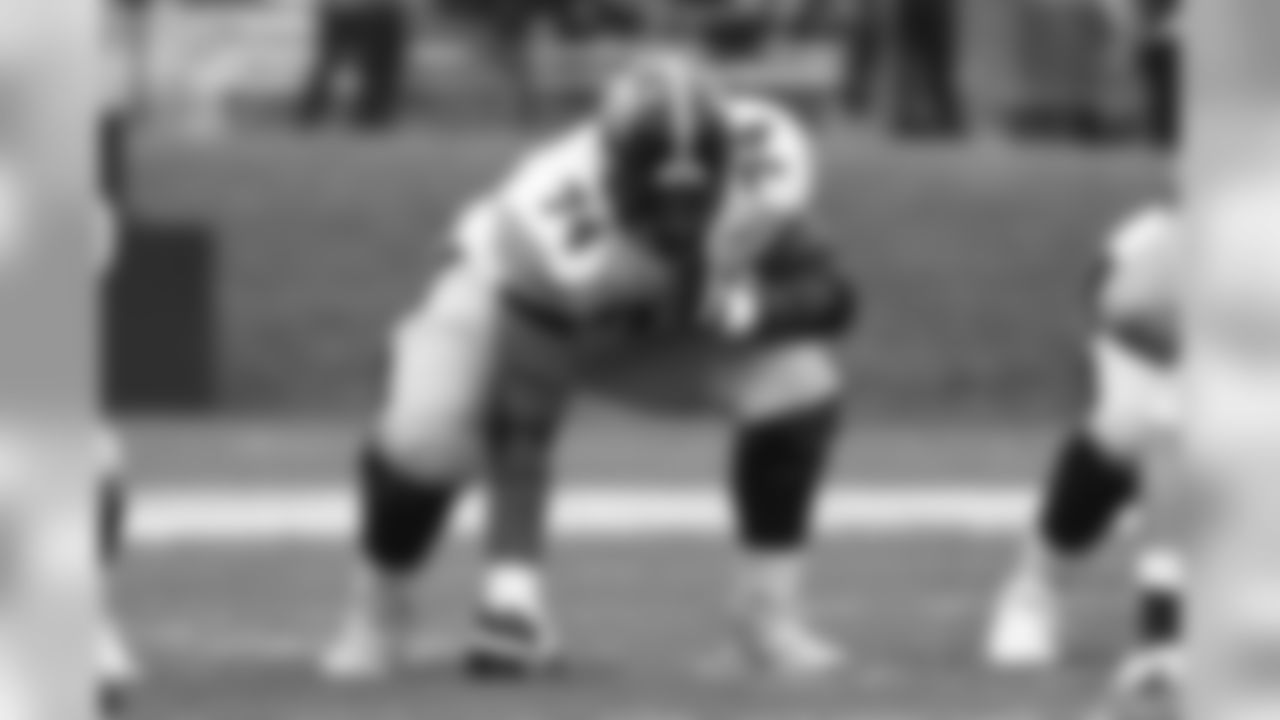
No. 13: Iowa OL Tristan Wirfs

No. 14: LSU WR Justin Jefferson
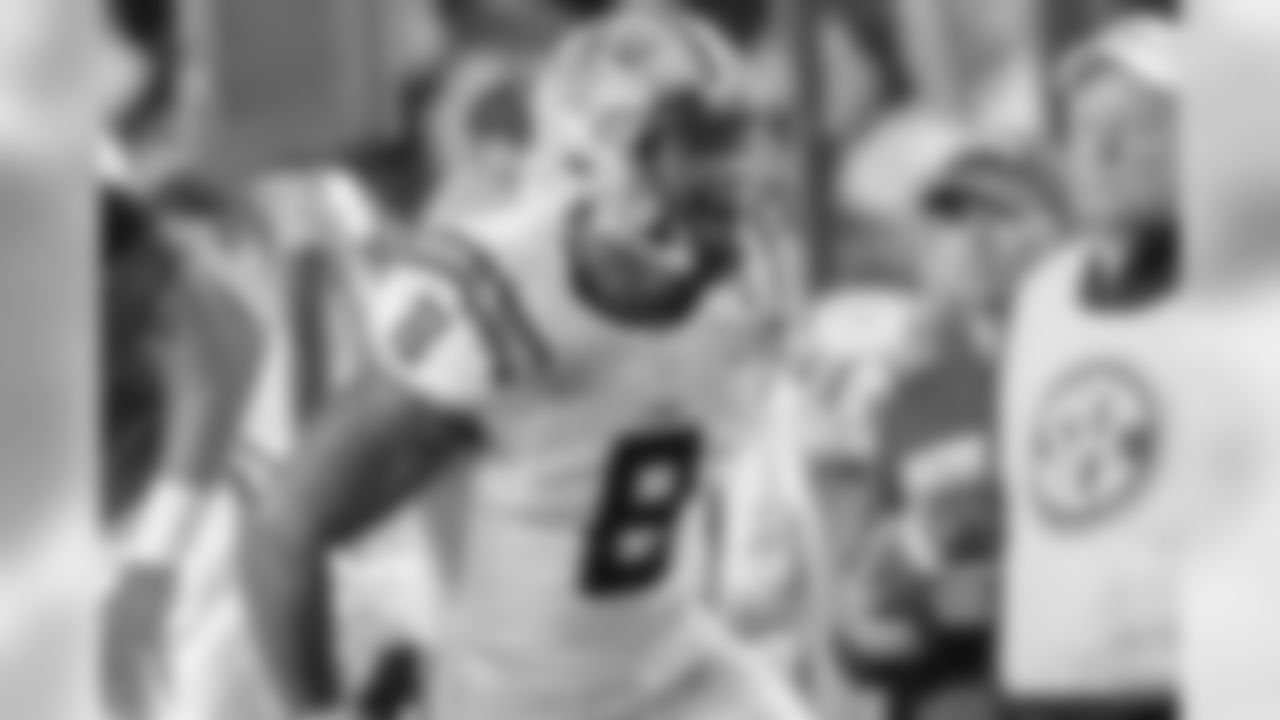
No. 15: LSU LB Patrick Queen
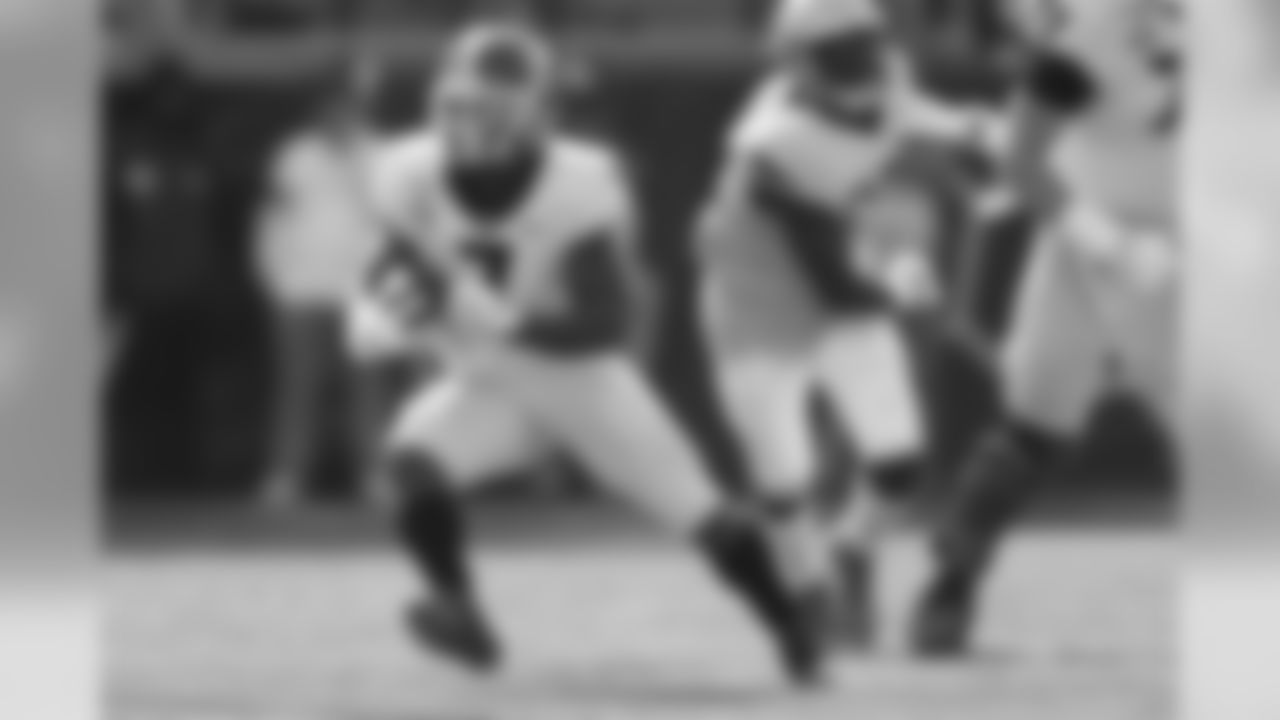
No. 16: Georgia RB D'Andre Swift
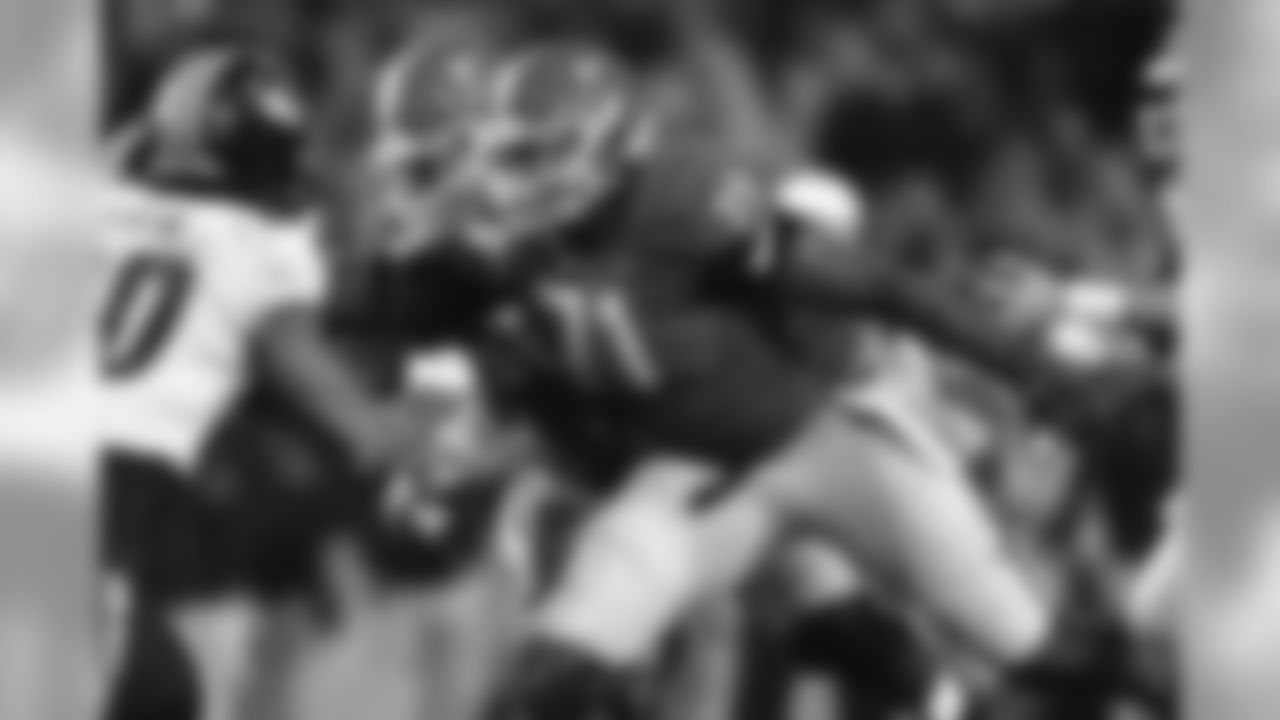
No. 17: Georgia OL Andrew Thomas
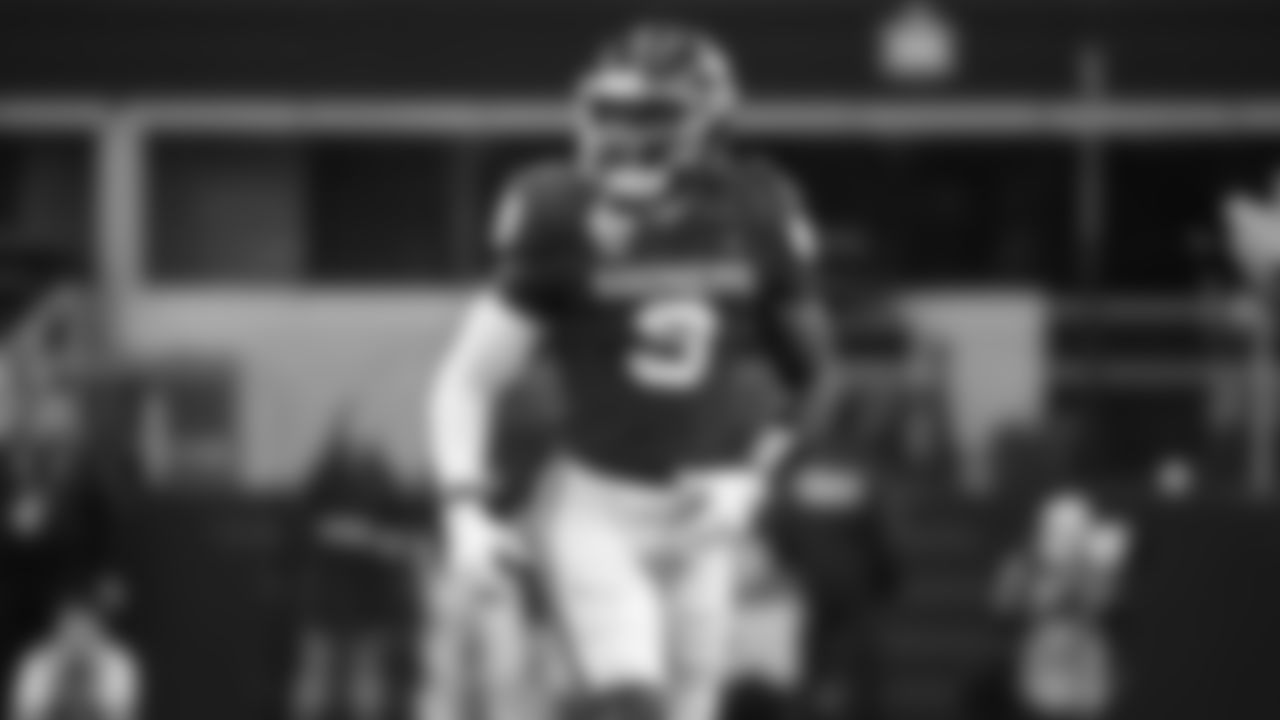
No. 18: Oklahoma LB Kenneth Murray
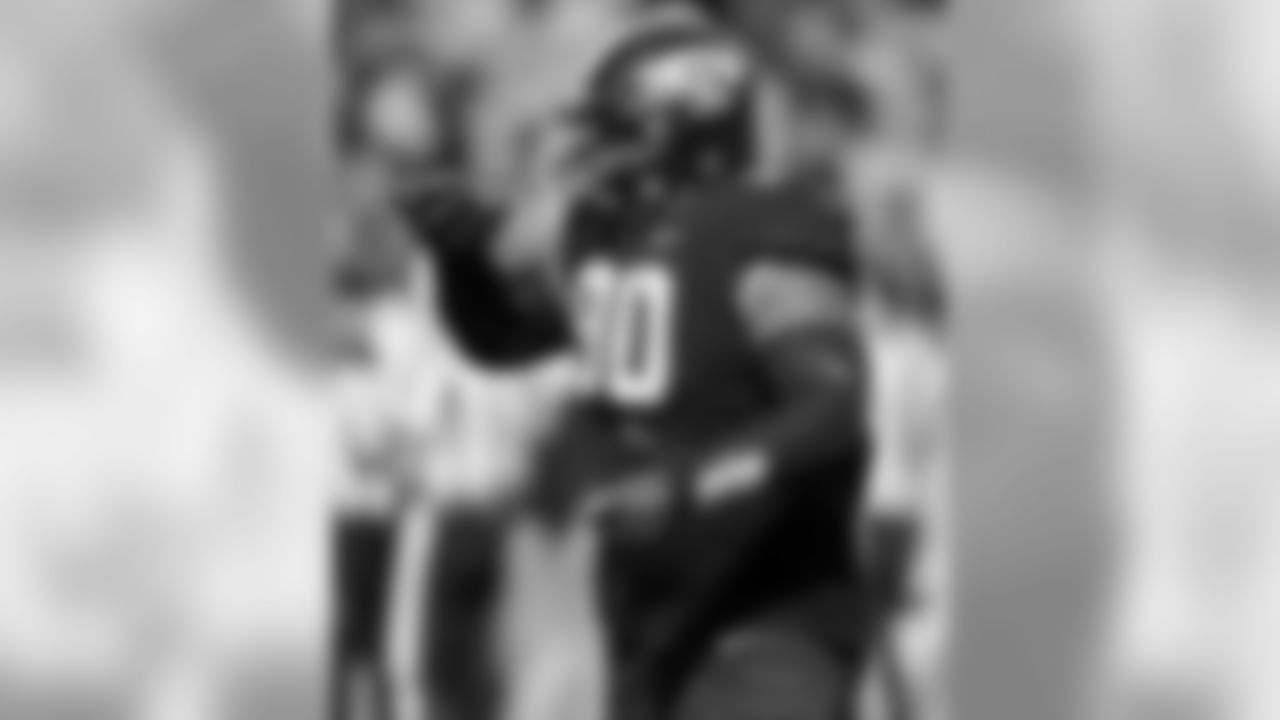
No. 19: TCU DT Ross Blacklock
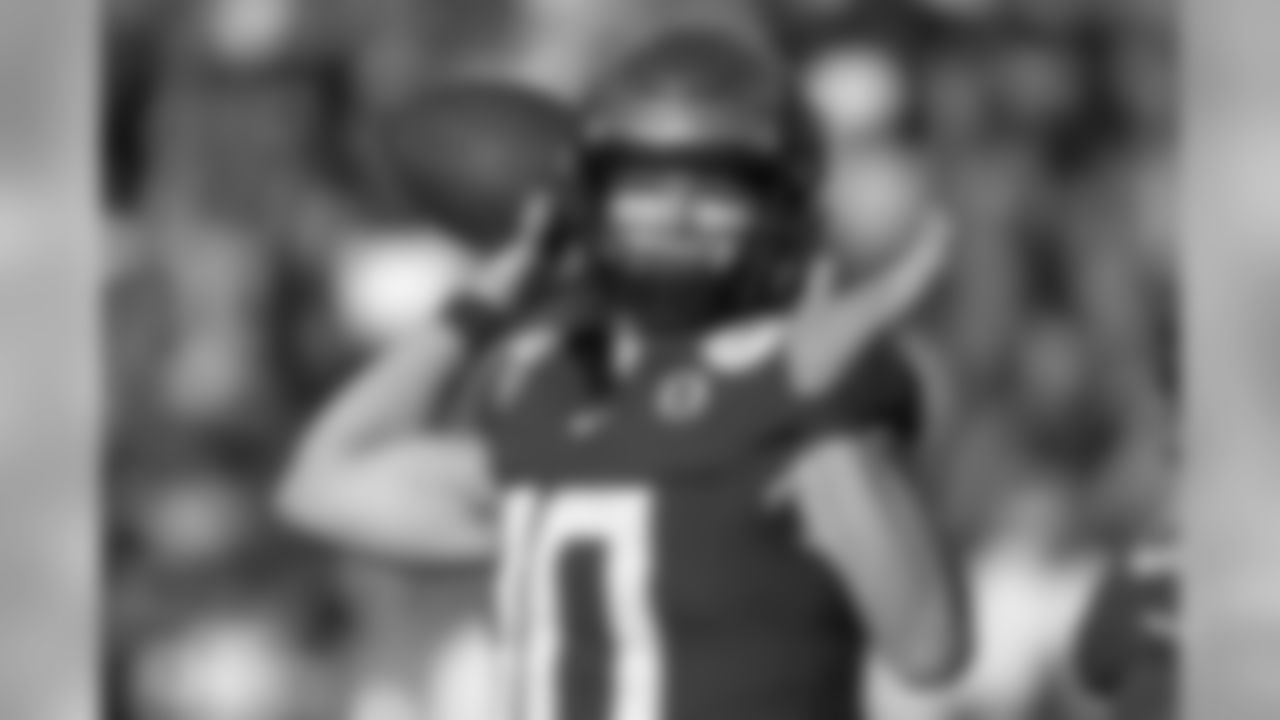
No. 20: Oregon QB Justin Herbert

No. 21: Florida CB CJ Henderson

No. 22: Alabama CB Xavier McKinney
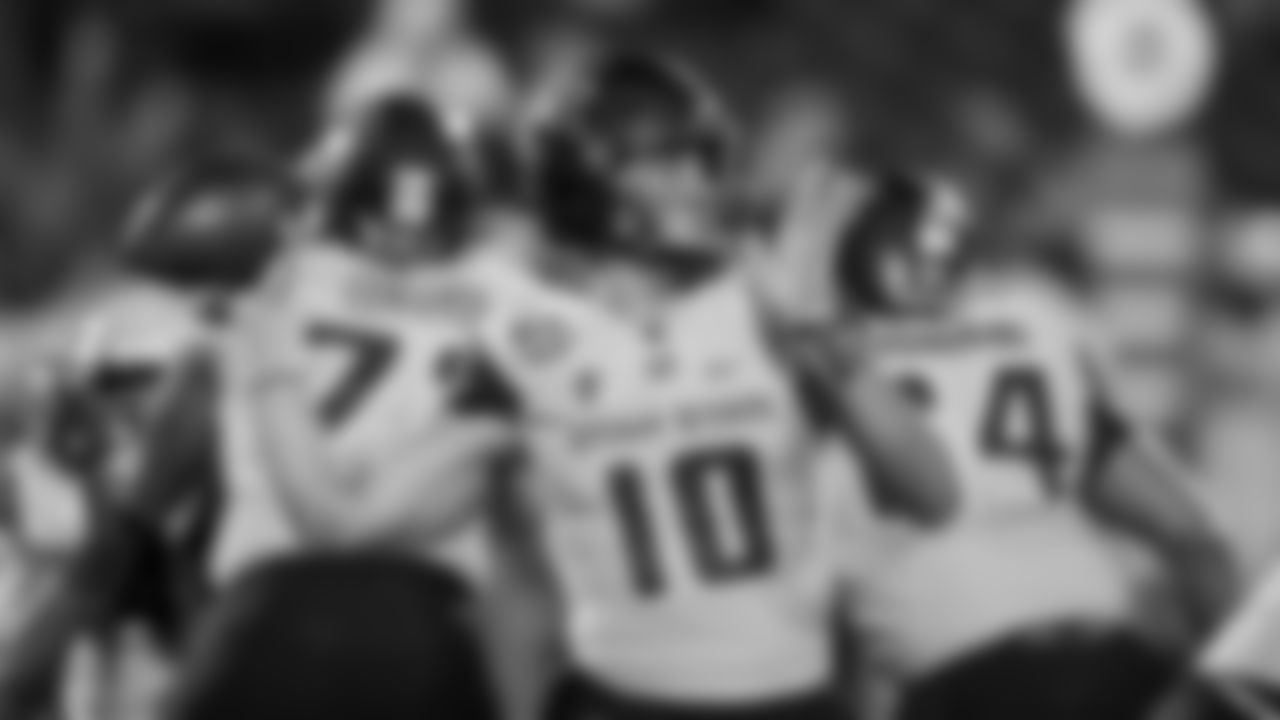
No. 23: Utah State QB Jordan Love
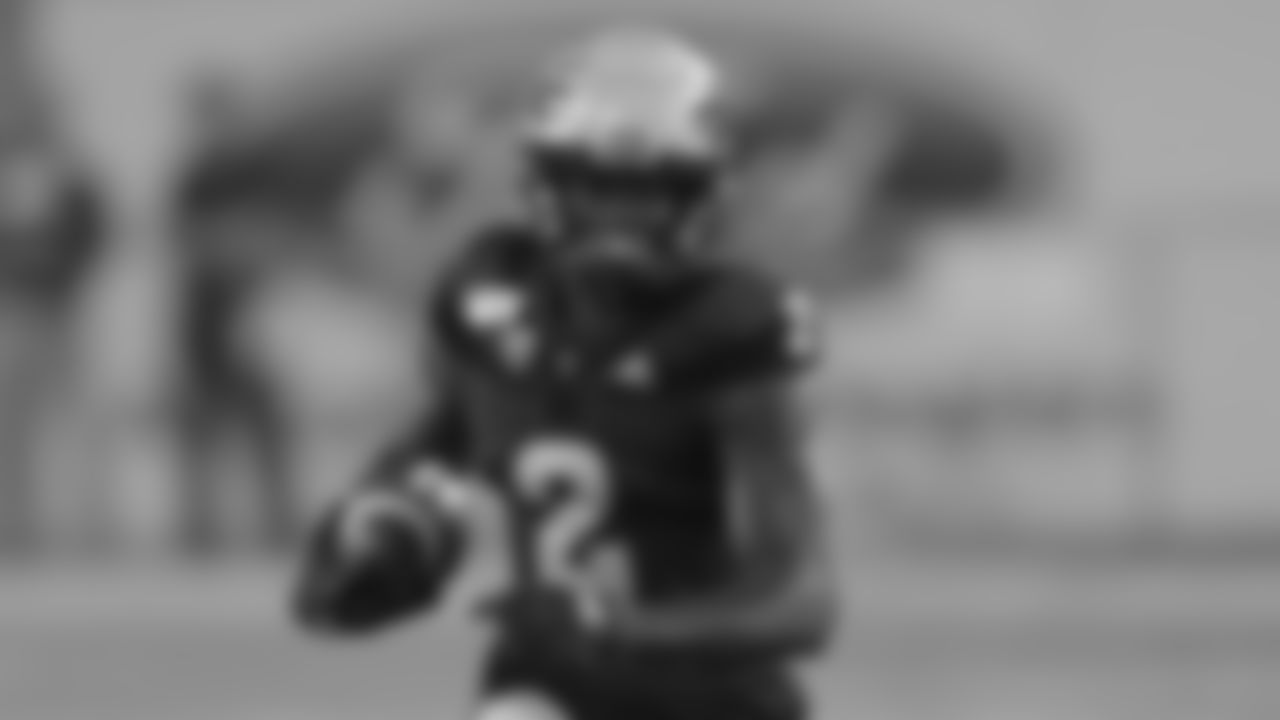
No. 24: Arizona State WR Brandon Aiyuk
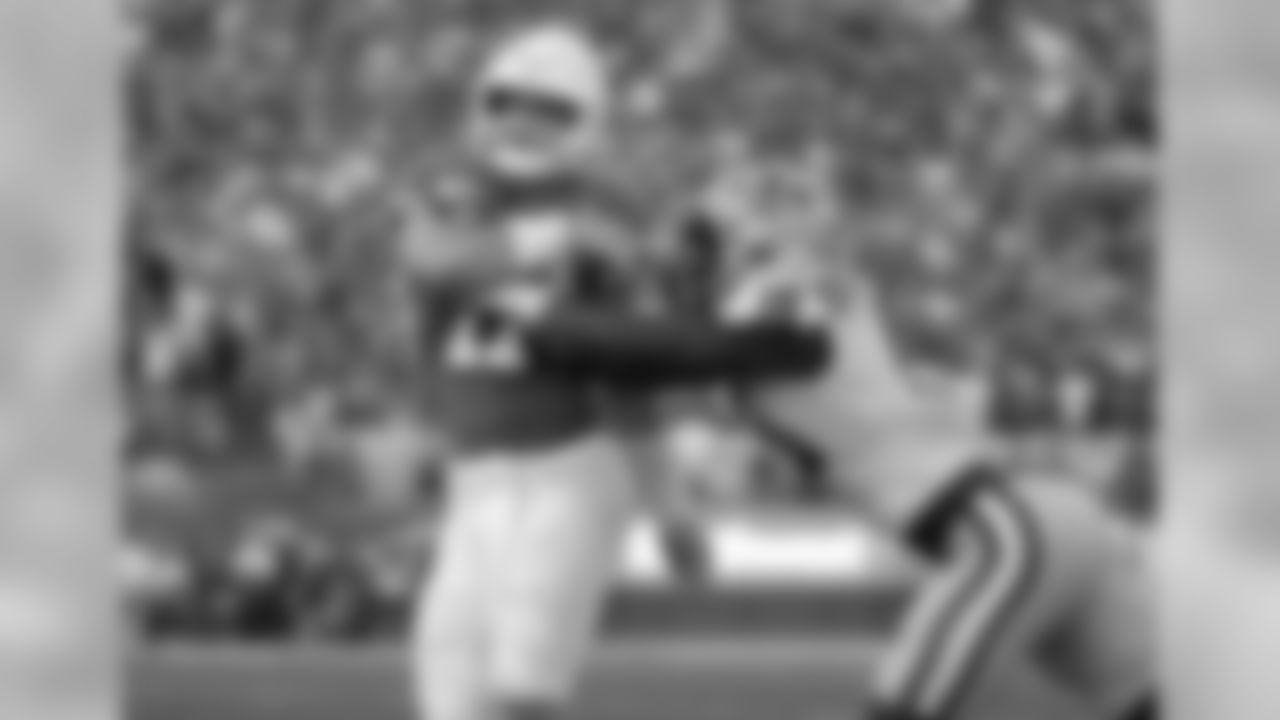
No. 25: LSU LB K'Lavon Chaisson

No. 26: Iowa DE A.J. Epenesa
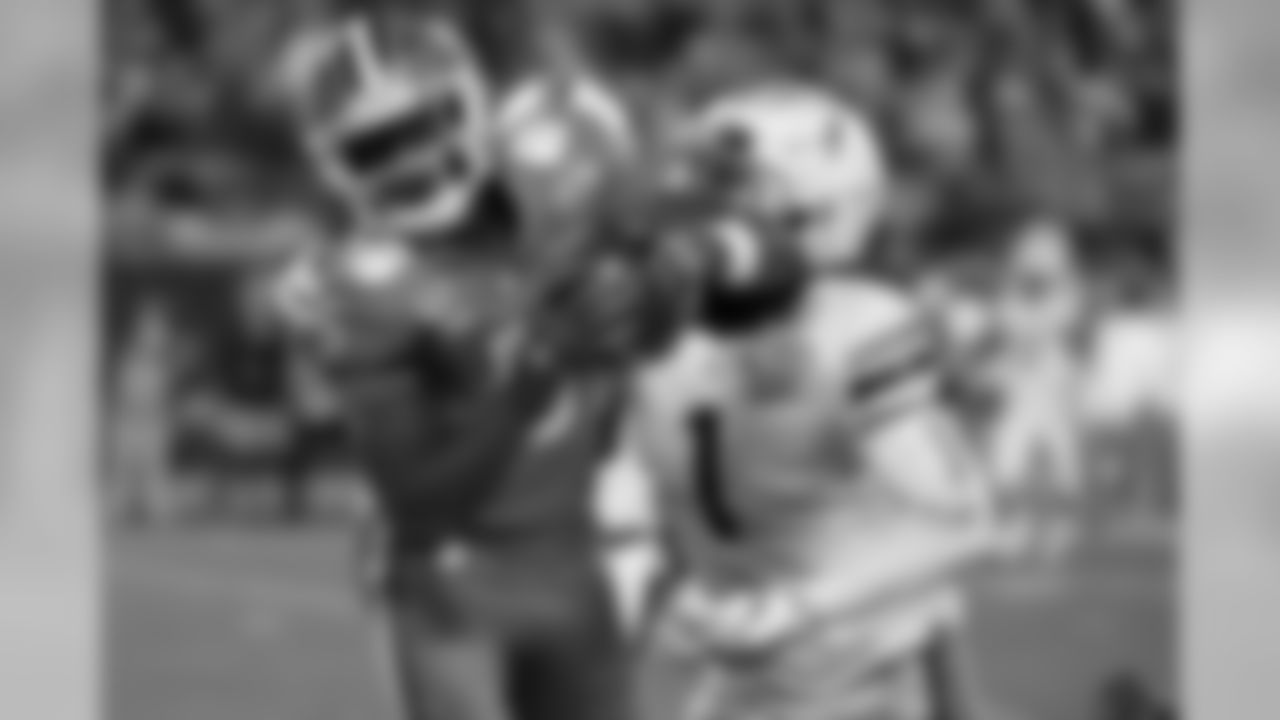
No. 27: Clemson WR Tee Higgins

No. 28: Southern California OL Austin Jackson
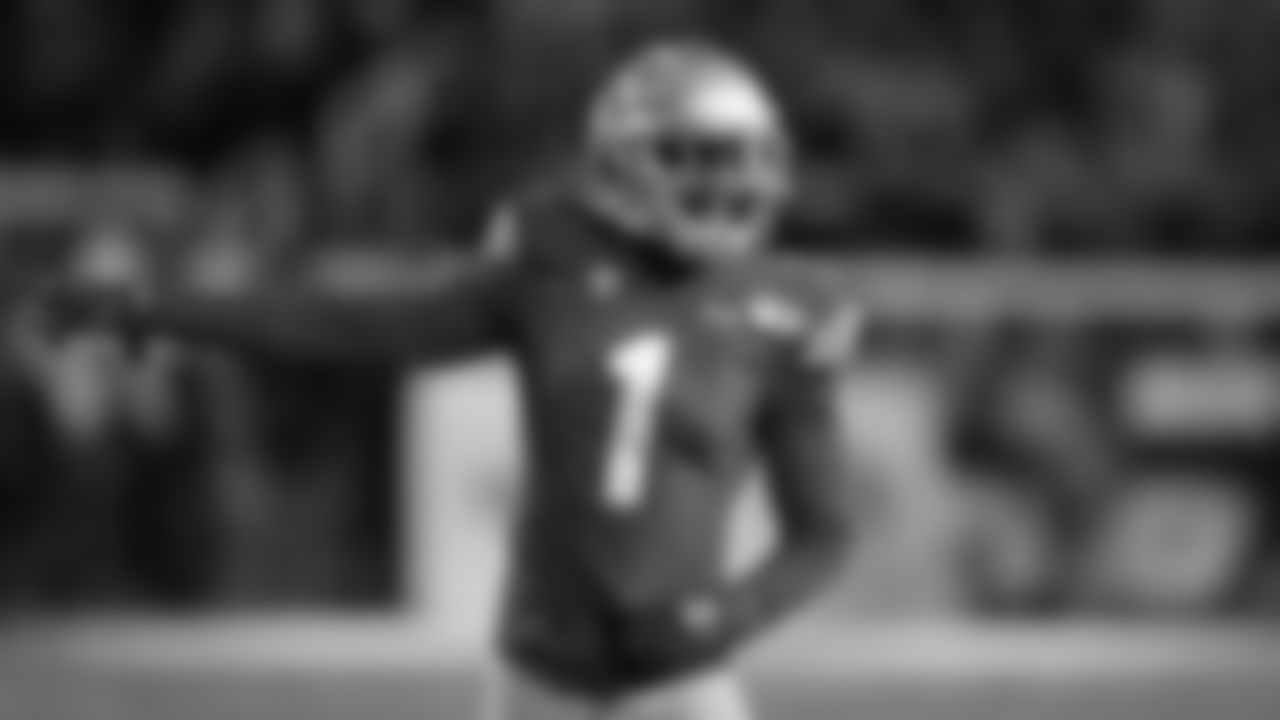
No. 29: Utah CB Jaylon Johnson

No. 30: Penn State DE Yetur Gross-Matos
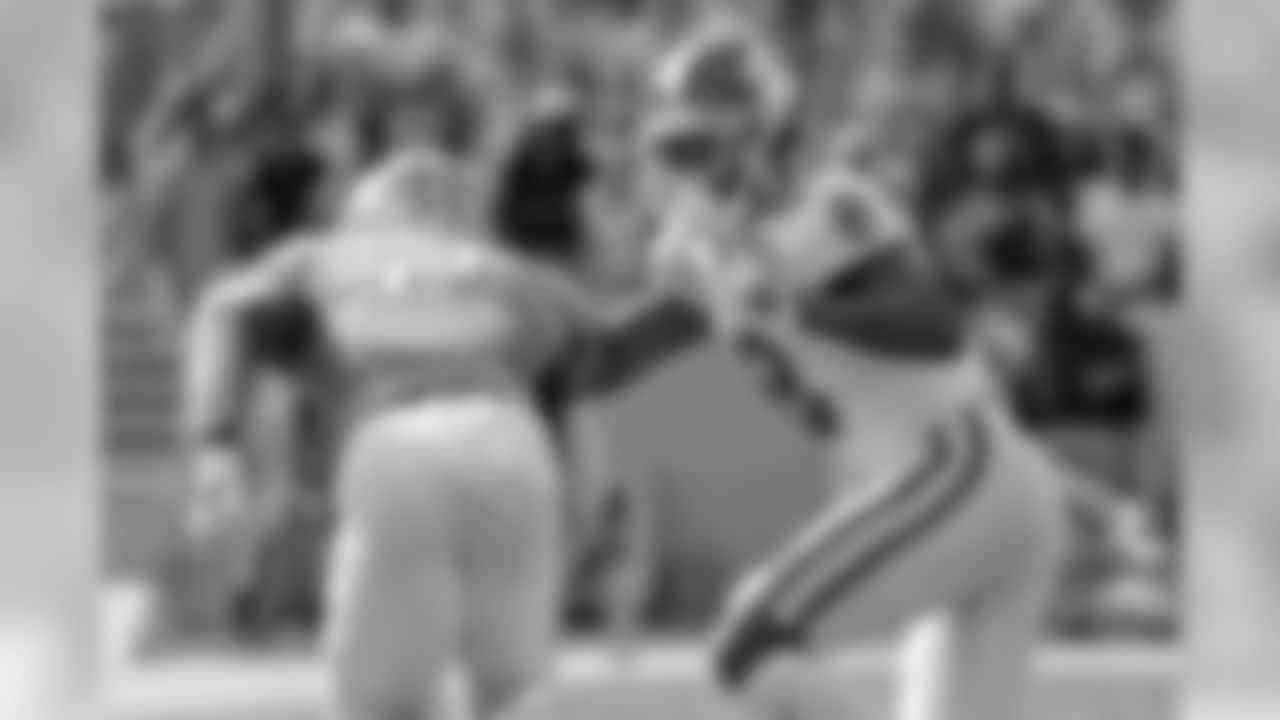
No. 31: Clemson CB A.J. Terrell

No. 32: LSU running back Clyde Edwards-Helaire
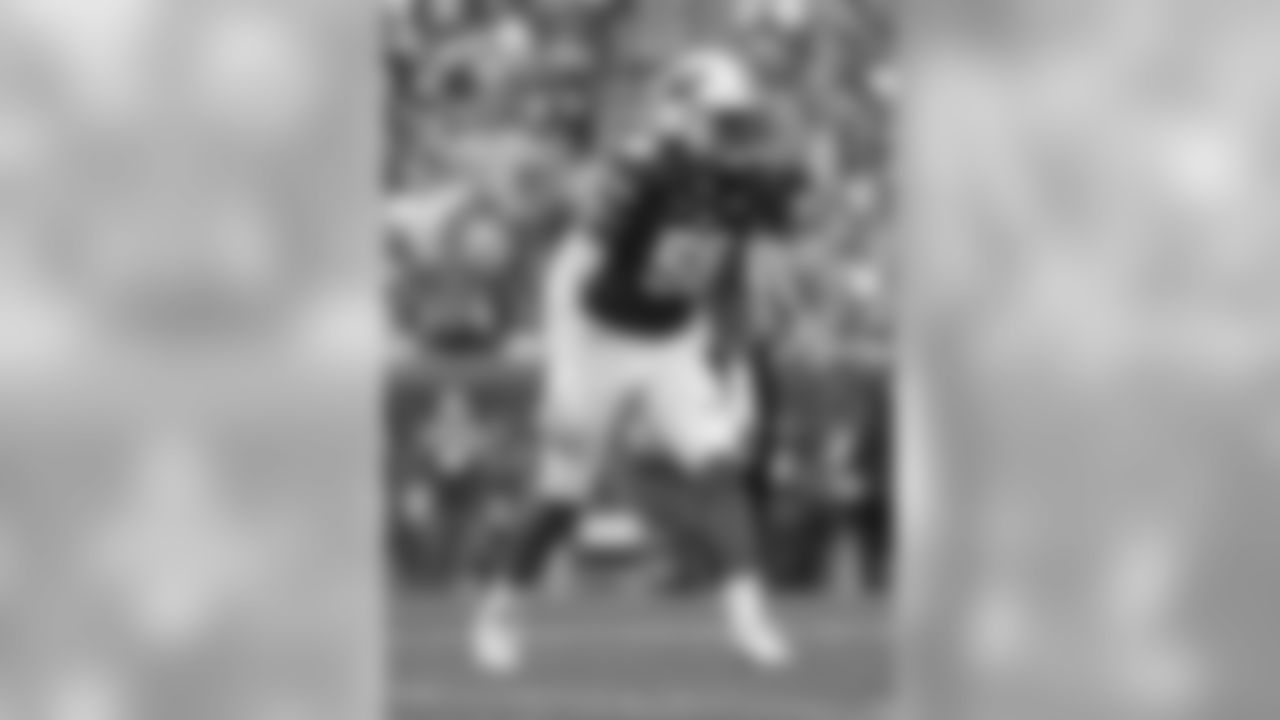
No. 33: Wisconsin LB Zack Baun
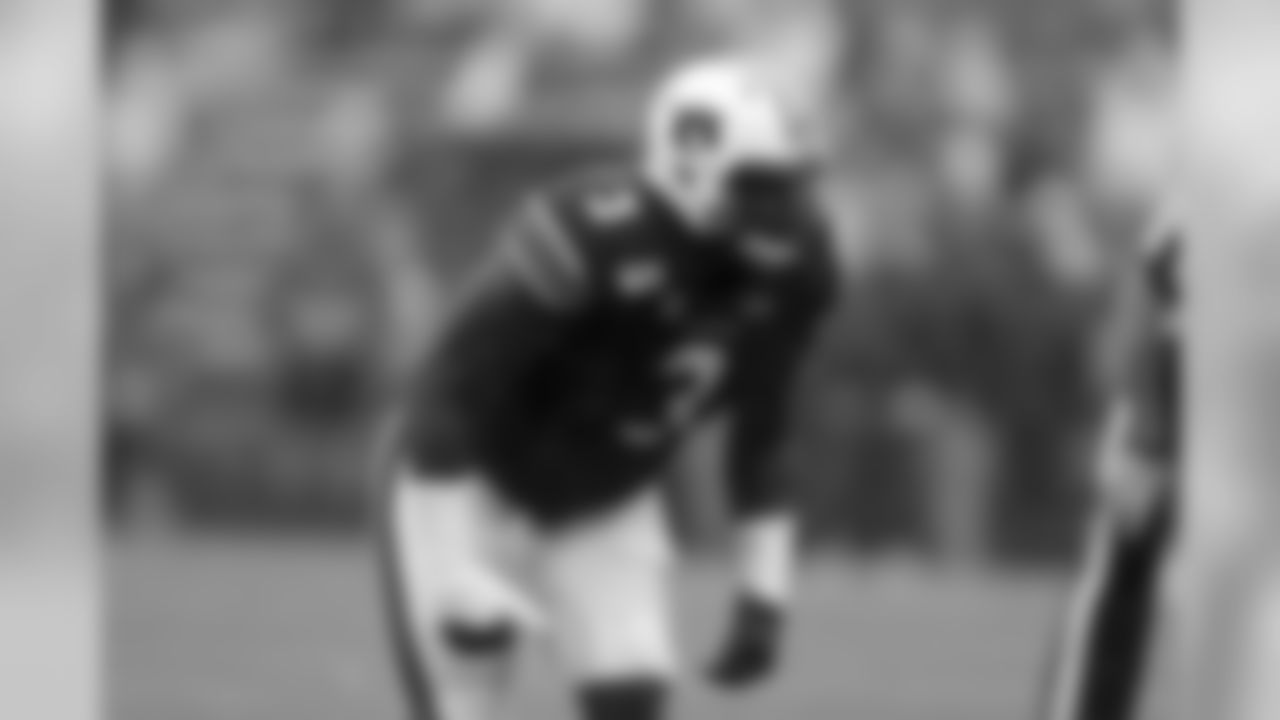
No. 34: Auburn DE Marlon Davidson
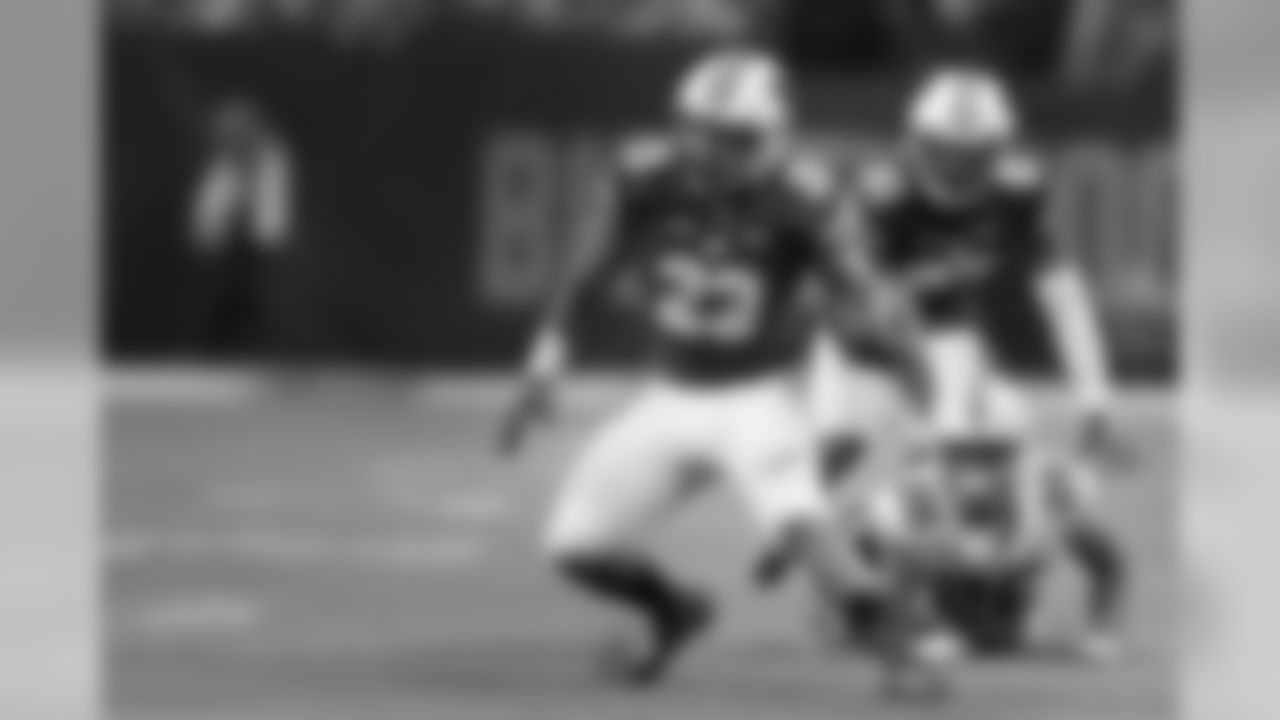
No. 35: Wisconsin RBk Jonathan Taylor

No. 36: Colorado WR Laviska Shenault Jr.
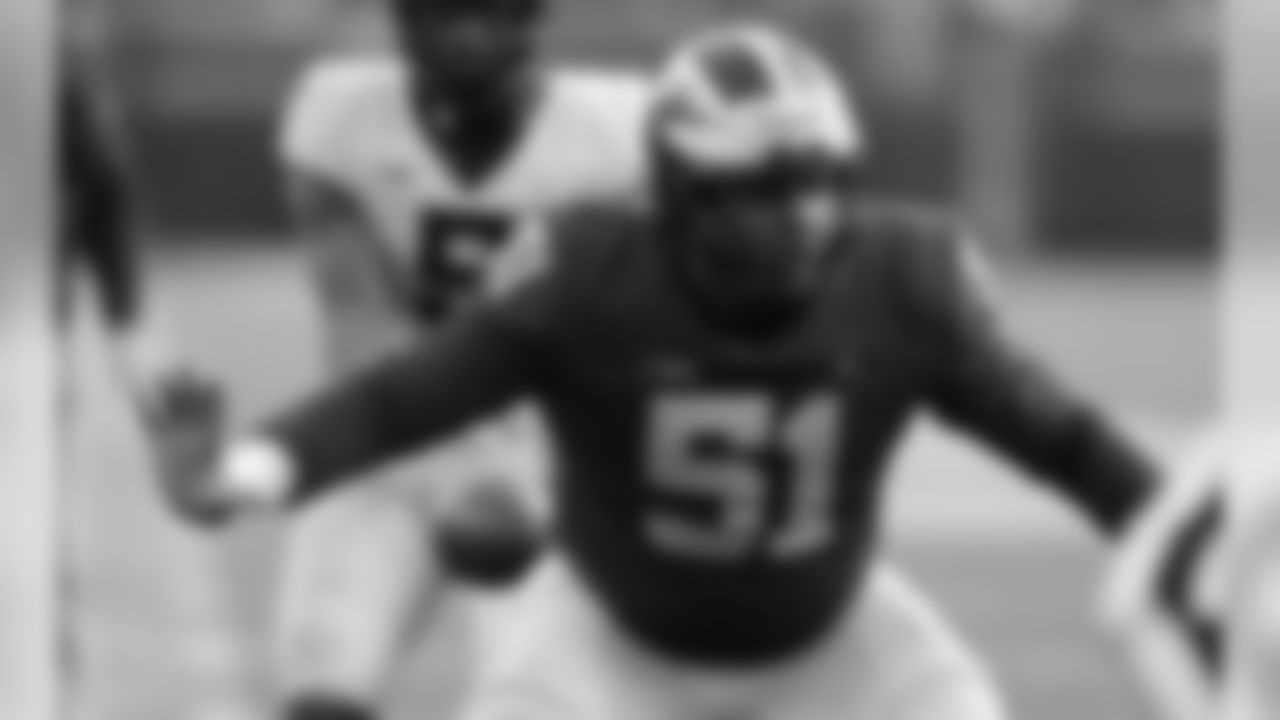
No. 37: Michigan OL Cesar Ruiz
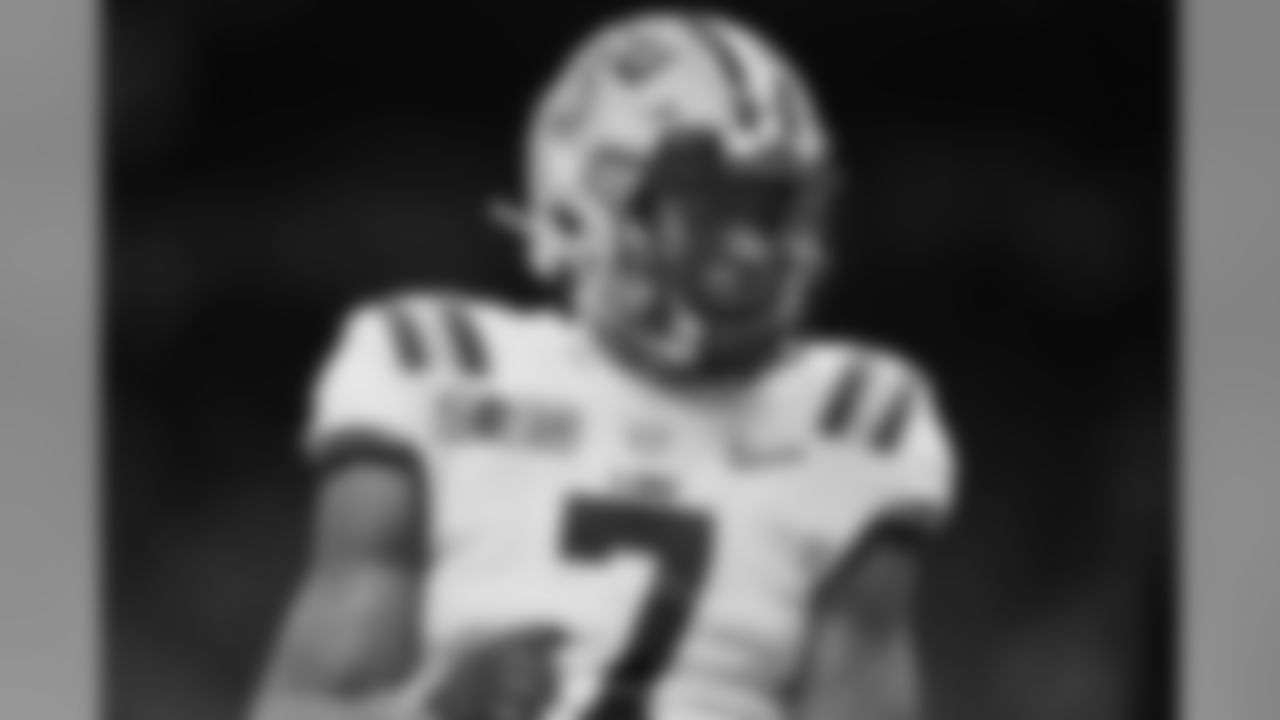
No. 38: LSU S Grant Delpit
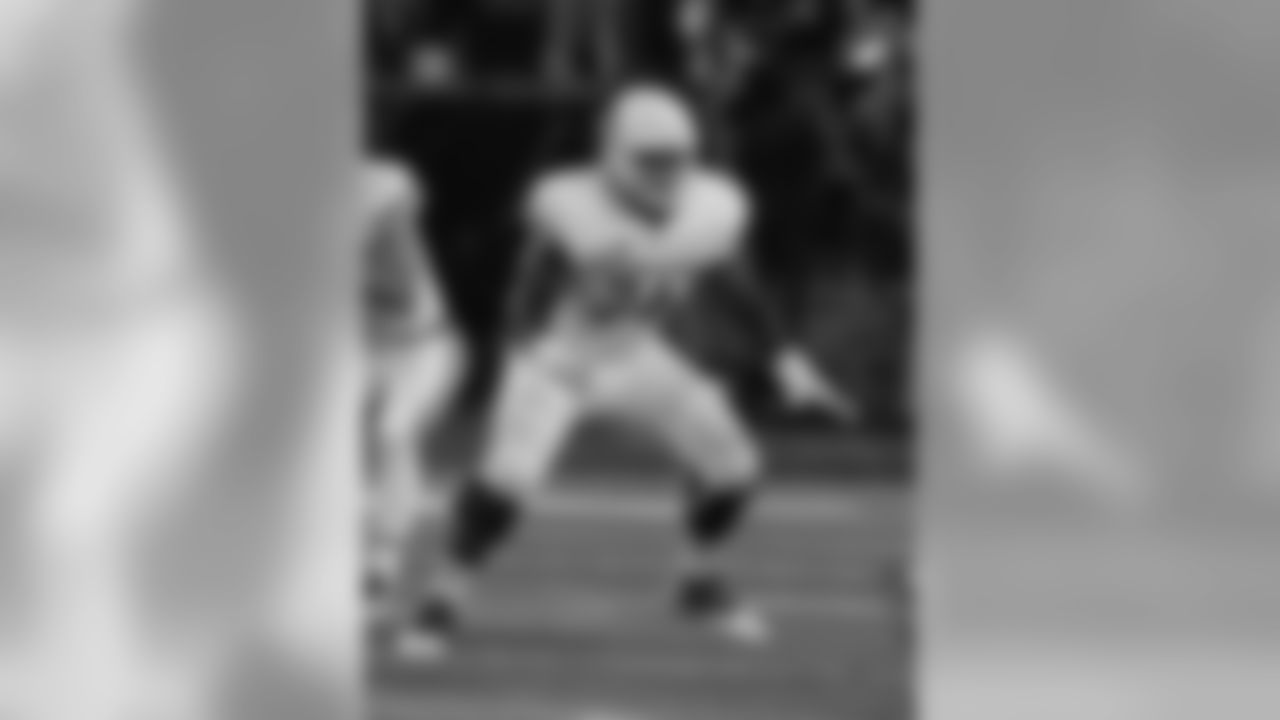
No. 39: Houston OL Josh Jones
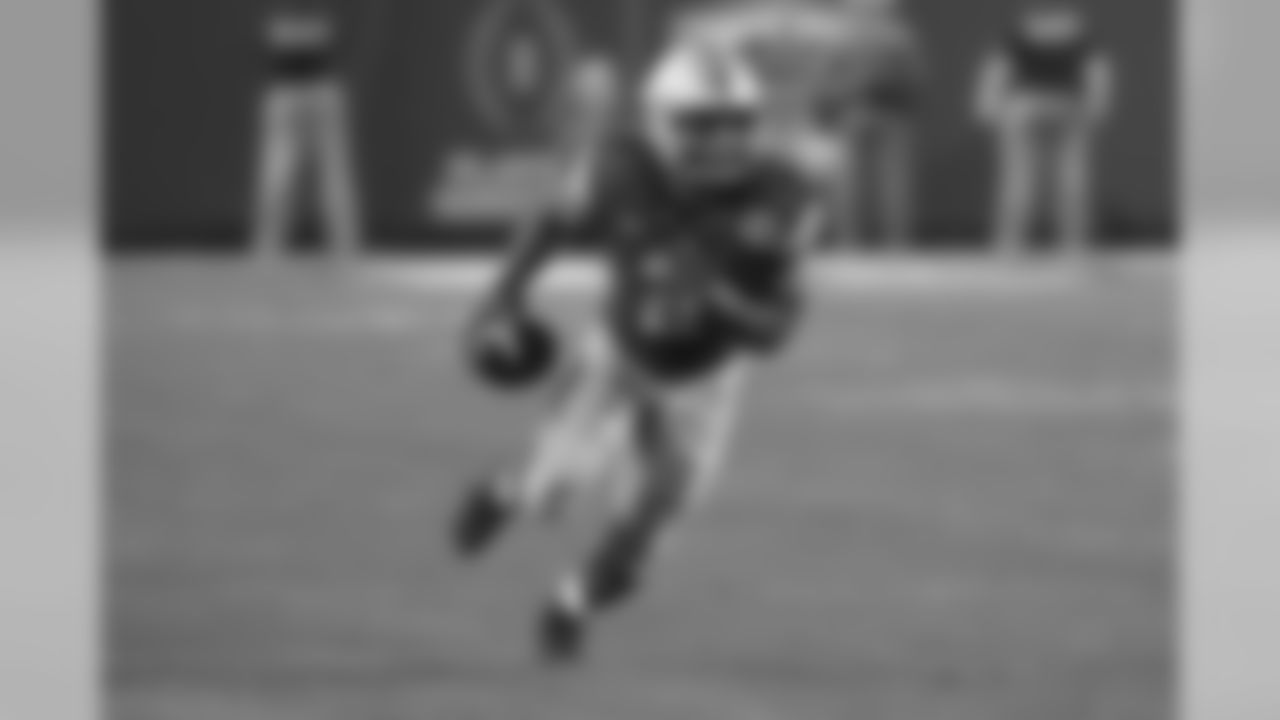
No. 40: Ohio State RB J.K. Dobbins
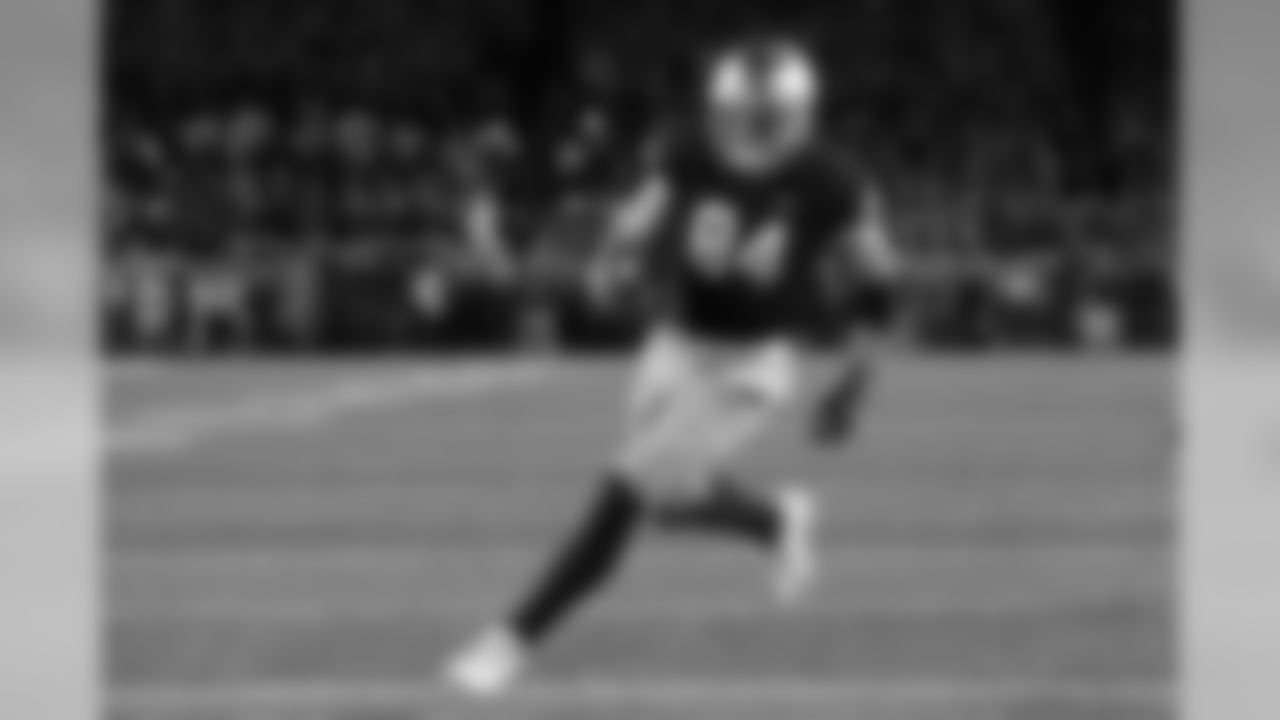
No. 41: Notre Dame TE Cole Kmet

No. 42: LSU cornerback Kristian Fulton
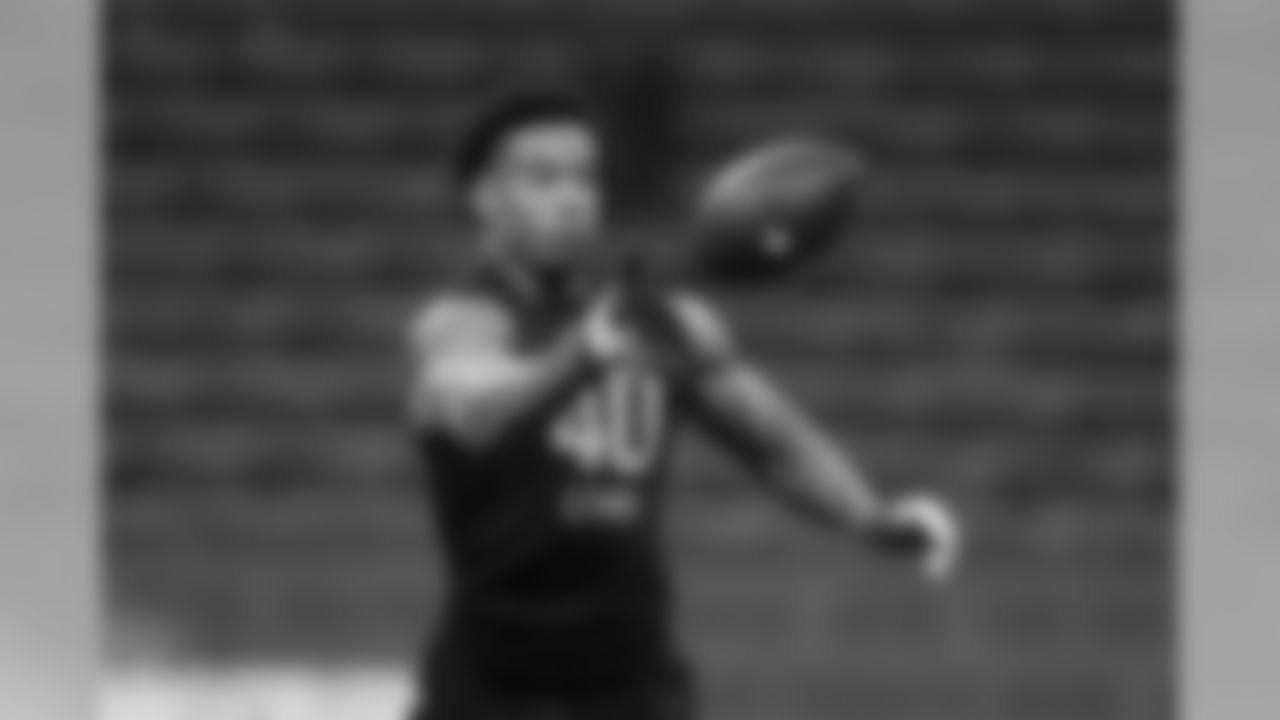
No. 43: Southern Illinois CB Jeremy Chinn
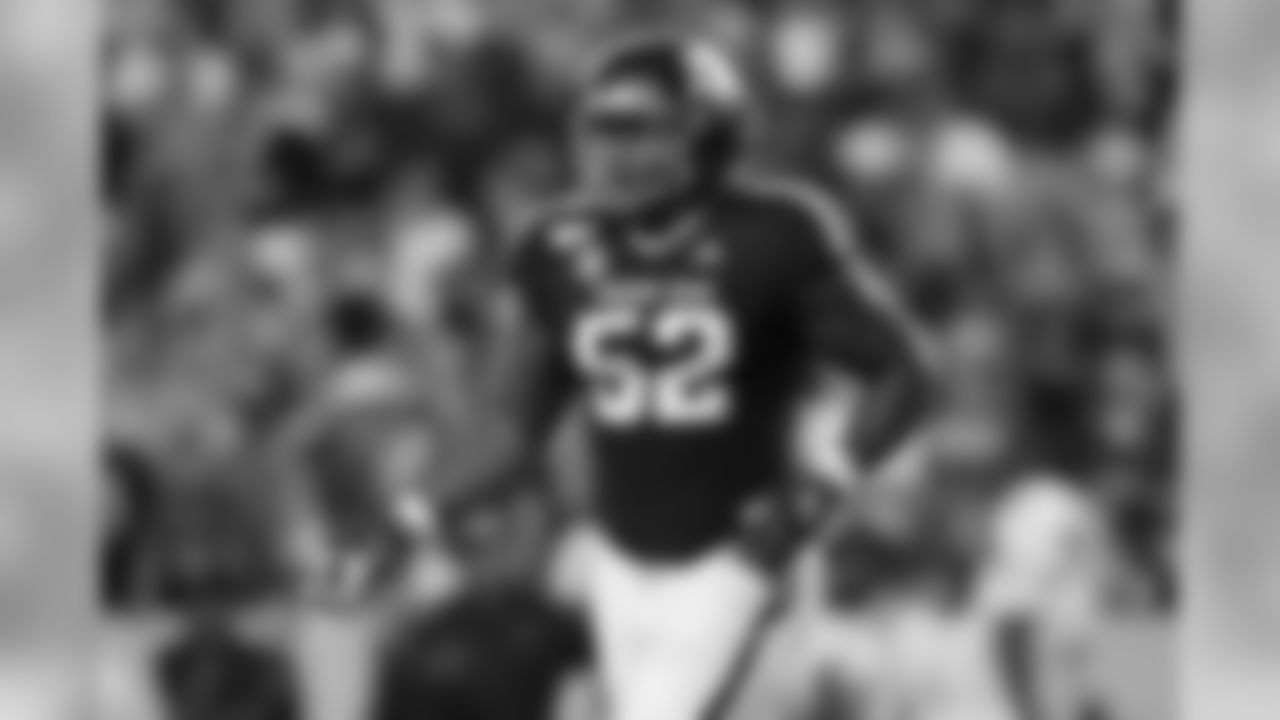
No. 44: Texas A&M DL Justin Madubuike

No. 45: Baylor WR Denzel Mims
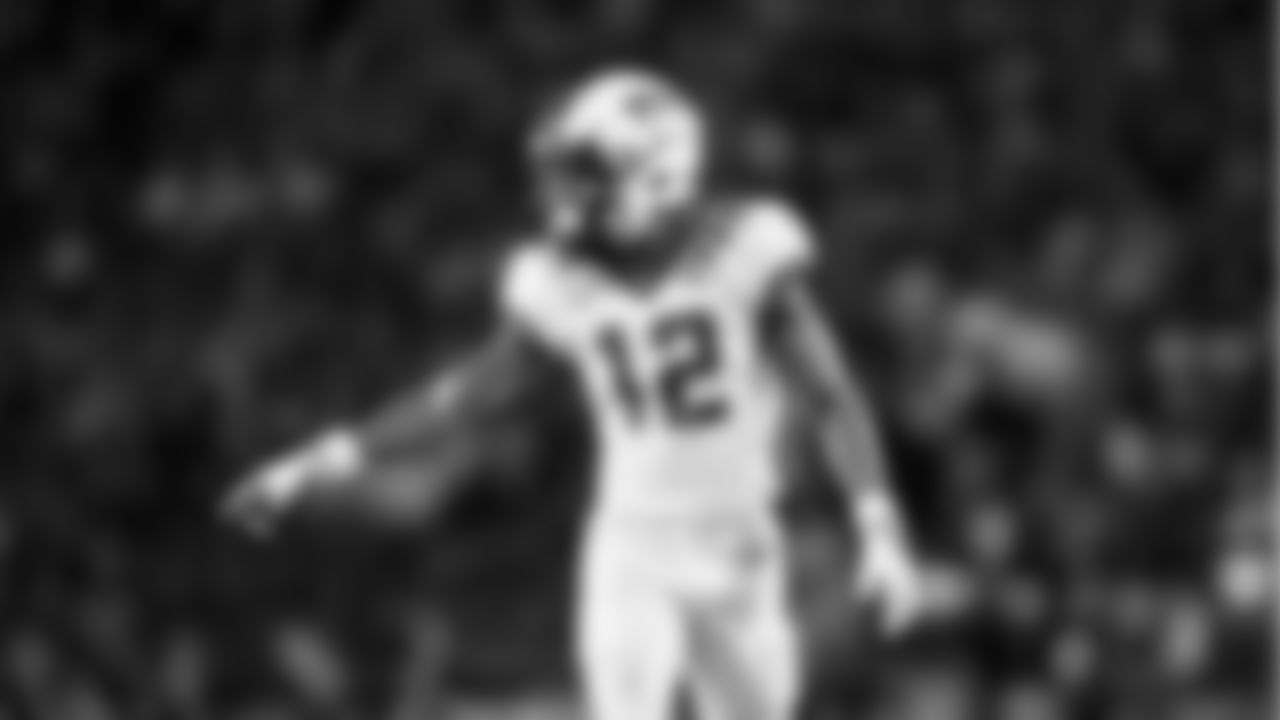
No. 46: TCU CB Jeff Gladney
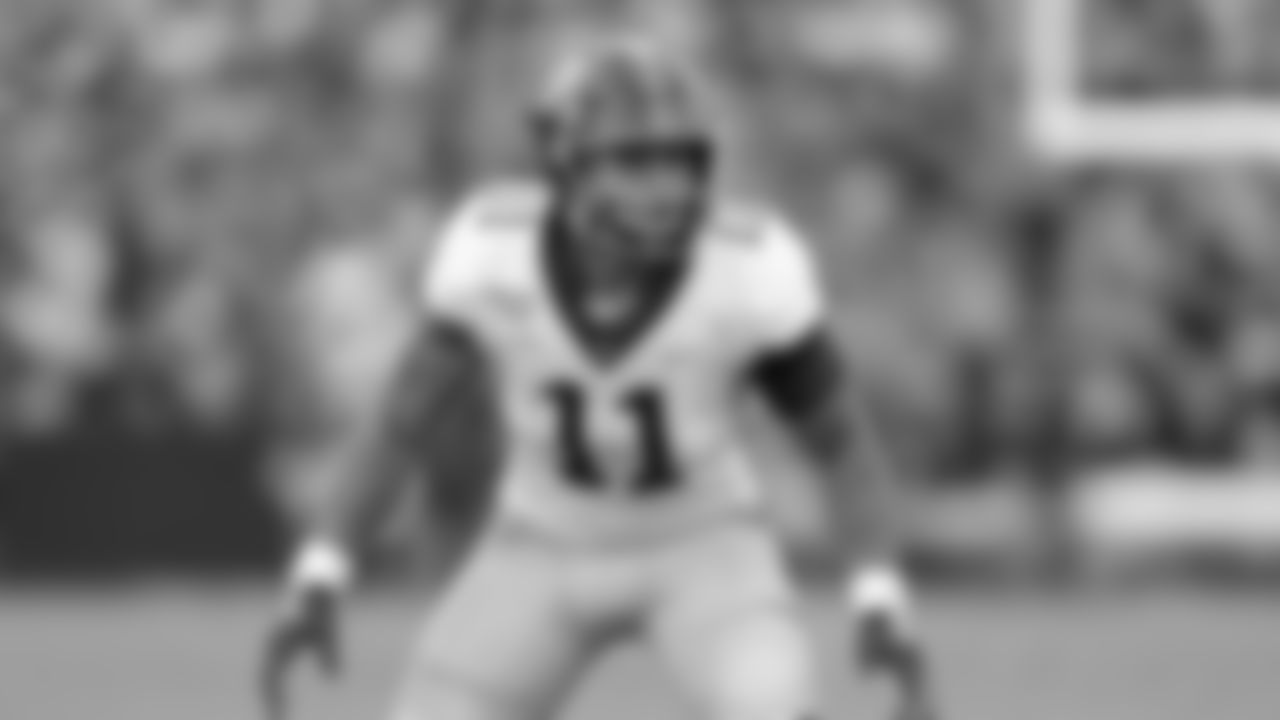
No. 47: Minnesota DB Antoine Winfield Jr.
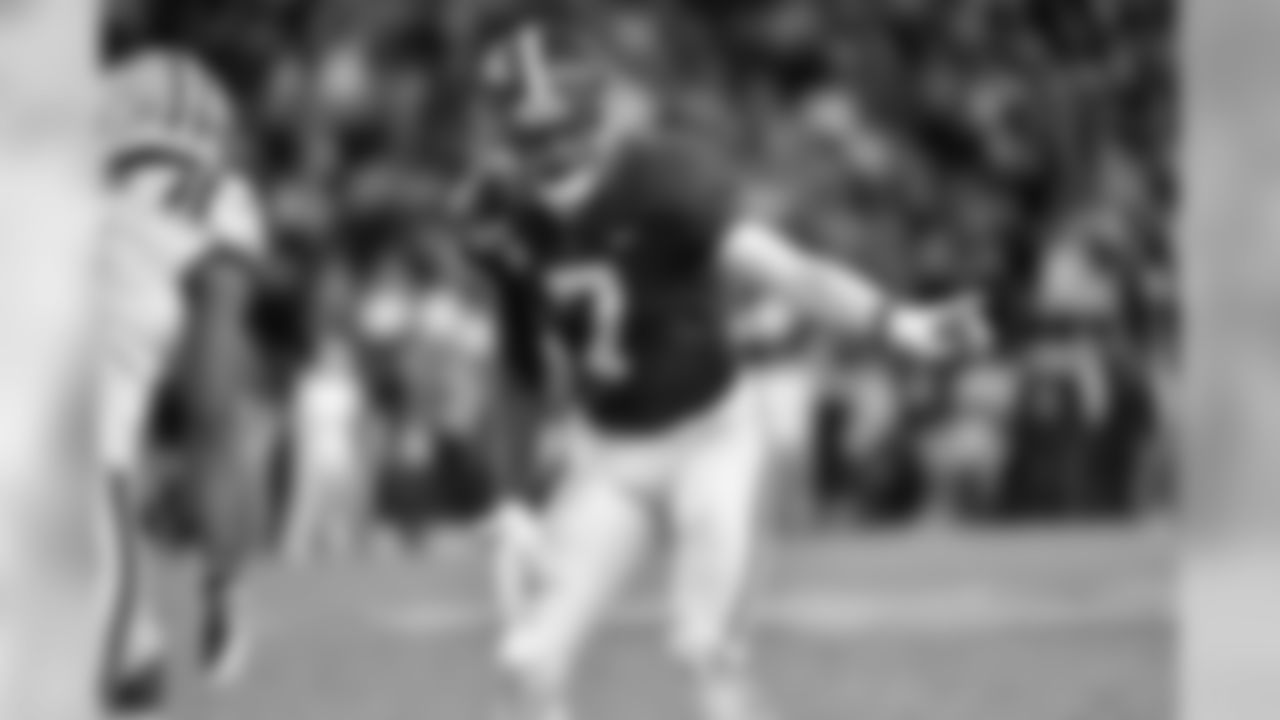
No. 48: Alabama DB Trevon Diggs
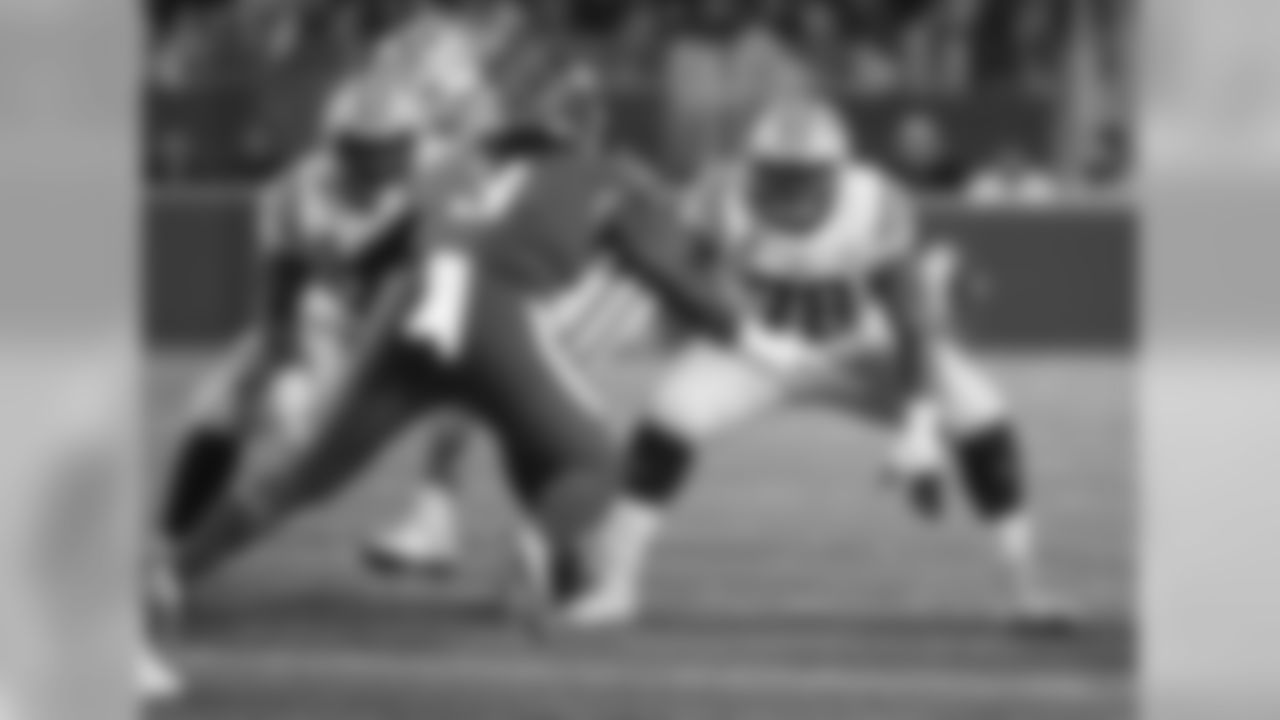
No. 49: LSU C Lloyd Cushenberry III
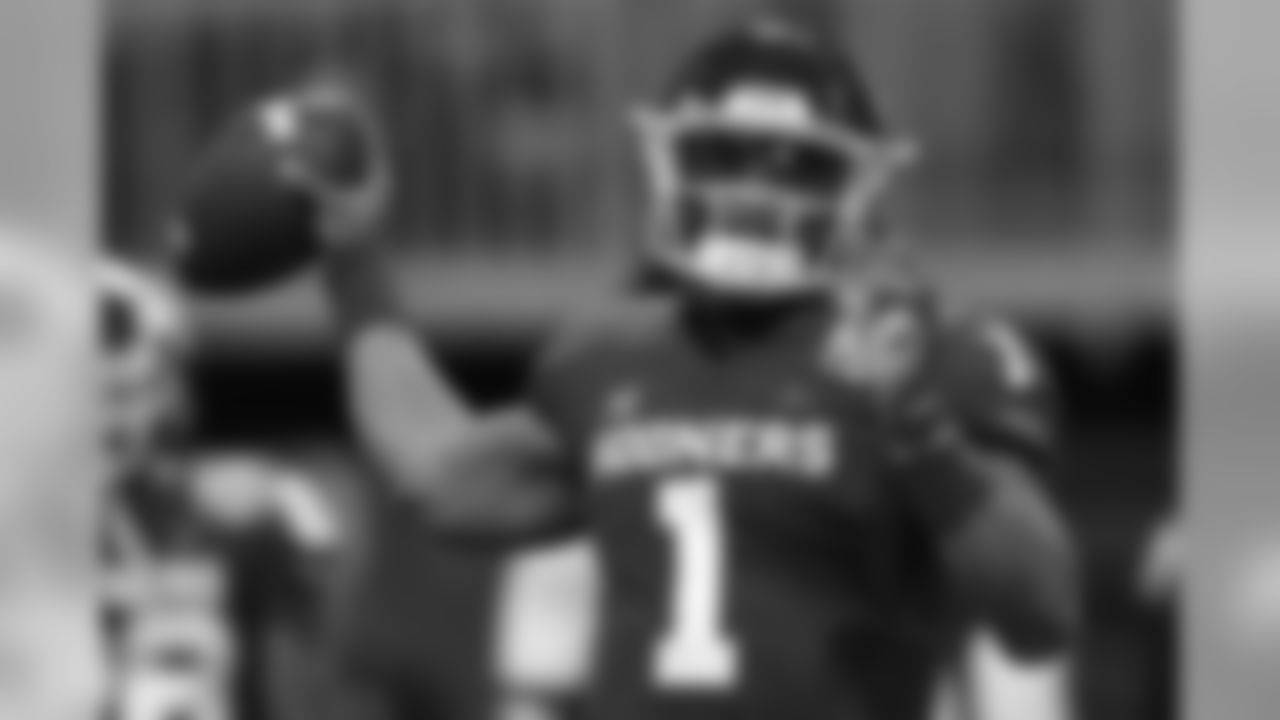
No. 50: Oklahoma QB Jalen Hurts
Below are three takeaways from Jeremiah's call:
1. 'Position-less players' gaining prevalence
If there's a quality that scouts and general managers look for in a player, it's versatility.
Jeremiah said the ability to do damage in the run and pass game has "never been more important" than it is in today's NFL, and that will certainly come into play as teams select prospects this year.
"We use the phrase in scouting, we talk about 'position-less' players, and that's where it's headed, where you're not going to be labeling these guys anymore … as 'receiver' or 'running back' – no, they're offensive weapons," Jeremiah said.
He referenced Chargers running back Austin Ekeler, who in 2019 actually had more receiving yards (993) than rushing (557), and Panthers running back Christian McCaffrey, who topped 1,000 yards on the ground and through the air.
"Deebo Samuel, who's a wide receiver who can also play running back – that's where the value is," Jeremiah added.
And the versatility on offense demands a similar quality on the other side of the ball.
"Defensively, you've got to find a way to match up with those," Jeremiah said. "You see guys like [Chargers safety/linebacker] Derwin James, you see what we see here with [Clemson LB/S] Isaiah Simmons where it allows you to keep your guys on the field and not get manipulated, where they can sub and get you in a look. And once they get you in a look, they're going to crank the tempo and they're going to isolate the guy that's out of position and go at him.
"Well, when you've got players with versatility they have that ability to be able to cover at tight end but yet somebody that can also hold up at the point of attack if you want to try and run it down their throats, somebody that can cover in the slot, somebody who can drop back and play the deep pass, it allows you to disguise your looks defensively, allows you to confuse quarterbacks and allows you to match up with the athletes you're going to see," Jeremiah continued. "Those guys have never been more valuable, and one of the conversations that I've had over the last few years and really even more so this year is with the linebackers – it doesn't matter if you are an unbelievably instinctive player and you're tough and you're physical. If you cannot run, they can't hide you anymore. You're going to get exposed."
2. Wide receiver sweet spot?
It's no secret that this year's group of wide receiver prospects is a deep one.
Teams will almost certainly be able to find high-caliber pass-catchers beyond Day 1 of the draft. But is there any truth to the idea that it's difficult to evaluate and place first-round grades on receivers?
Jeremiah fielded one specific question during his call about the prevalence of "high first-round busts" at the position.
"Well, look, last year was a good year in terms of a bunch of rookies coming in and having a lot of success," Jeremiah said. "But if you look over the last several years, that second- and third-round receiver group has arguably been better than the first-round group."
He said the challenge in scouting comes because "it's almost like two different games" between college and the NFL in terms of route running.
"You watch a college game on a Saturday, you're going to see a bunch of slants, hitches and [go routes]. It's very limited in terms of what they ask them to do, very limited in terms of them having to read coverage and sight adjust their routes," Jeremiah said. "They don't see very much press coverage, so they don't have to get off press. Now you're bringing them to the NFL, you're asking them to get off press coverage, you're asking them to think on the move, and you're asking them to run a lot of routes they've never run before.
"There's a lot of adjustment there, but I think – I give the NFL credit," Jeremiah added. "I think the last couple years we're seeing the NFL be a little smarter with the transition period for these guys and figuring out ways they can get them on fly sweeps or bubble screens and just get the ball in their hands and let them make plays, simplifying it a little bit while they're young before they can grow and evolve into everything you want them to do."
3. Weighing in on Winfield
Vikings fans will see familiar last names in this year's draft in Gophers safety Antoine Winfield, Jr., Georgia safety J.R. Reed (son of Jake) and LSU tight end Thaddeus Moss (son of Randy).
The son of the former Vikings cornerback, Winfield has garnered plenty of attention leading up to the draft. Jeremiah, who ranked Winfield 47th overall on his most-recent Top 50, said he "loves" the way the younger defensive back plays.
"When you study him this year, I keep coming back to this one play that just stood out to me at the end of the Fresno State game where you see his instincts," Jeremiah said. "He kind of baits the quarterback, wheels around and picks off the ball to finish it. His ability to play in the slot gives him some versatility there, as well.
"He does have some missed tackles, but overall I think he's a really, really solid player," he added. "[I've been] talking to teams around the league trying to get some medical information on players, and I brought up his name simply for the fact he's missed the majority of two seasons and how teams felt about it, and everything I got was all clear, so they were very comfortable with where he was medically. I felt that might have been one hurdle he would have had to overcome, and it looks like he was able to get that done."














